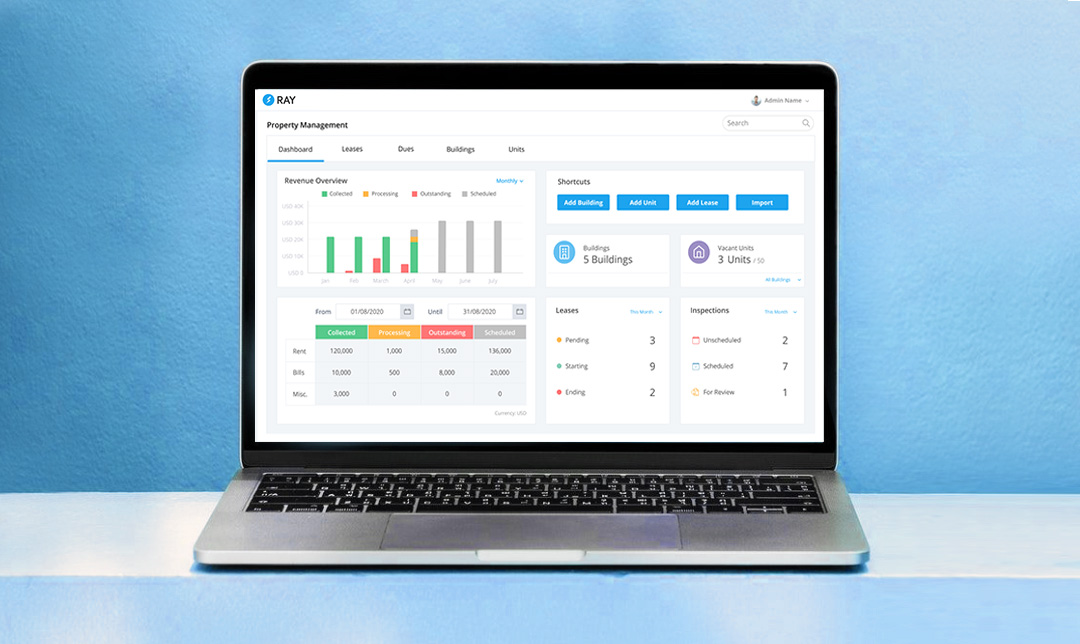

Lease management, also referred to as lease administration, is the process of following up, developing, and managing each characteristic of a property manager’s lease portfolio. Every detail about a lease needs to be recorded, including the financials. Under novel lease accounting standards, it is a must for both non-profit organizations and corporations to record the right-of-use assets and the payment liabilities. Lease management is important because when the process is done correctly and potently, organizations and business can benefit from it in many different ways. Lease management revolves around the performance of various daily tasks. Because it makes things easier, most businesses rather digitize their lease management process by using a lease management system.
A lease management system is an ample system that has major influence on the entire leasing workflow due to the transparency of the information. The system allows for an easier process to manage your properties, as well as aiding in the development and growth of your business. Lease management systems can improve planning and project management. They can also ensure that all your business activities are on track, for example documentation or tracking tasks, and make sure that your business is running smoothly.
Tricky and time consuming tasks such as collecting payments can be done more securely using lease management systems. Another big advantage that comes with lease management systems is that they completely eliminate the need for any paperwork to be done, since every document that is needed could be sent and stored electronically.
If you manage multiple leases then you know how things can get a bit hectic, so using a lease management system can help with keeping all your tasks under control. There are several reasons why having a lease management system is important. Some reasons include:
Having a lease management system can ease your mind and help in making your work more efficient.
As stated above a lease management system serves to help lease managers manage their leases more efficiently. So, for the system to be effective, there are basic features that should be present on it. These features include the ability to:
Not having the ability to correctly manage your leases could lead to critically problematic consequences. One of the basic steps in becoming a professional lease manager is the ability to manage all types of documents and be able to execute the correct procedures. With that said, the top priority of a lease management system is to help lease managers oversee their leases.
Another extremely important feature to consider is the ability of the lease management system to integrate with other external systems. This is important because if the lease management system is missing a feature, or it is still under development, you would be able to seamlessly integrate your lease management system with an external one that fulfils your needs.
To conclude, lease management systems are used by lease managers in order to help them work more efficiently and in a more organized manner. They offer all the needed information on one platform, and allow lease managers to perform all their tasks on this single platform. As a lease manager, you should choose a lease management system based on what your needs are, and what the system offers. When a lease management system is used properly, it could be a very effective tool in capitalizing return on investment (ROI), particularly when managing multiple leases, and for companies that are growing.
If you’re a lease manager looking for a powerful lease managing system, we recommend you try using RAY. RAY is a potent property management platform that includes an easy-to-use lease management system as well as numerous other handy features. Check RAY out on getray.com.